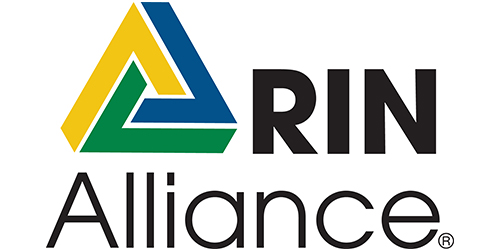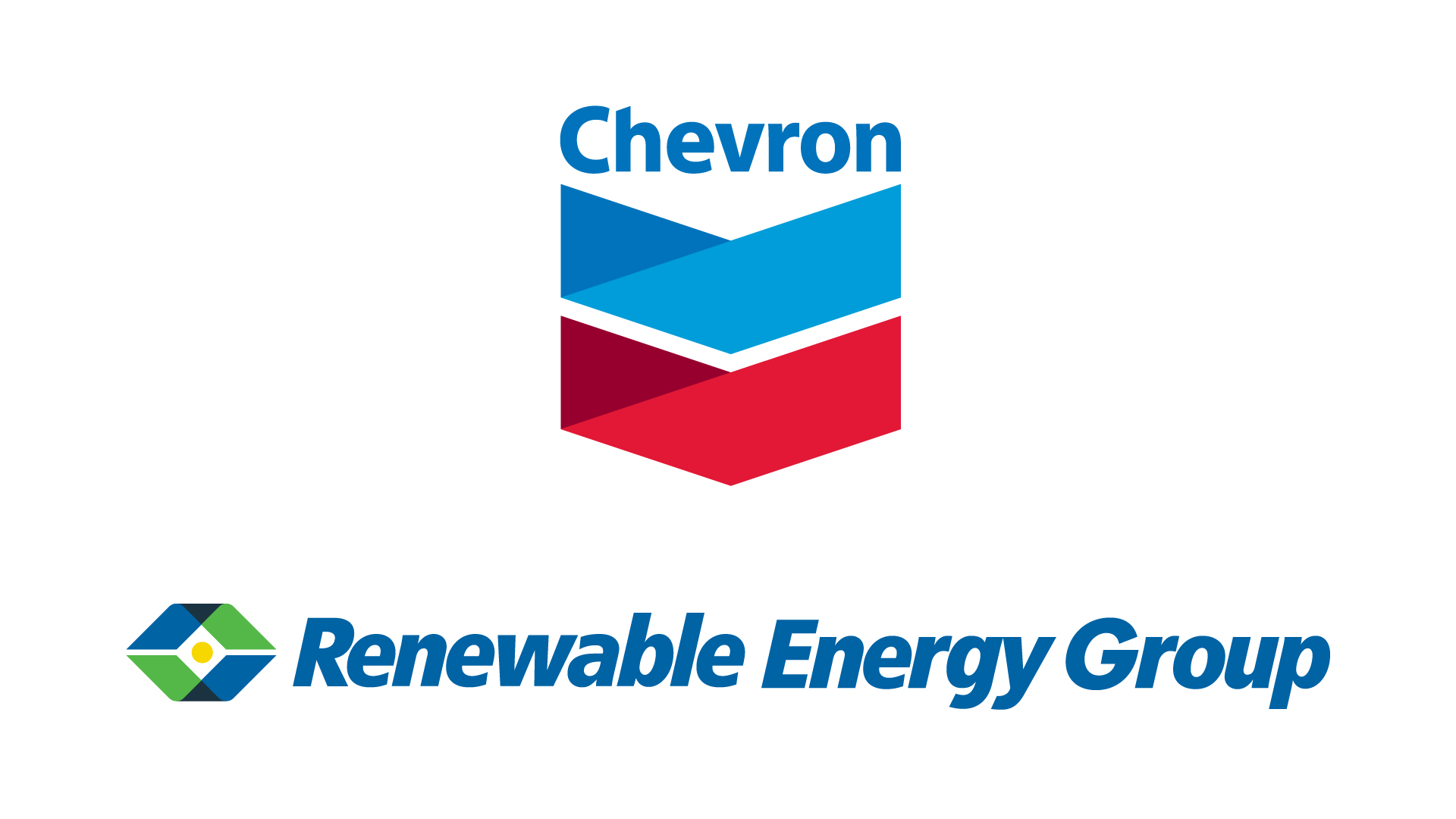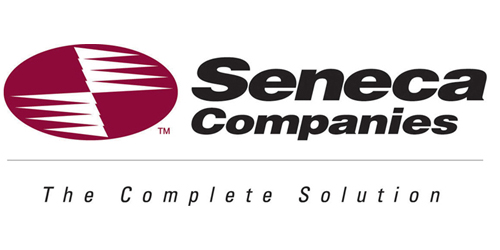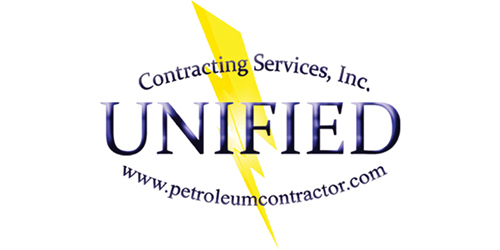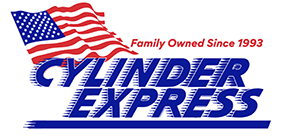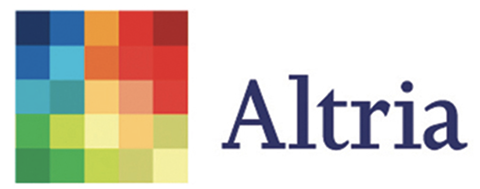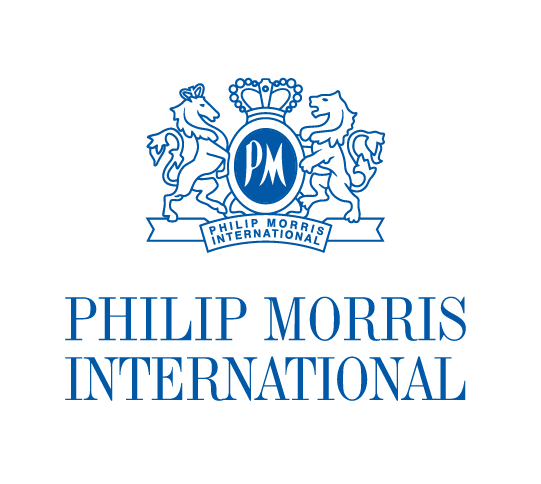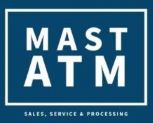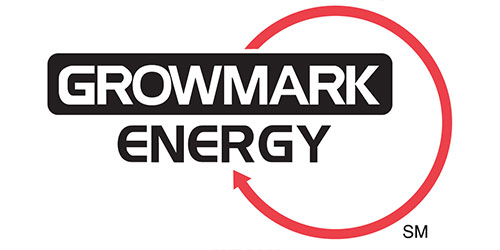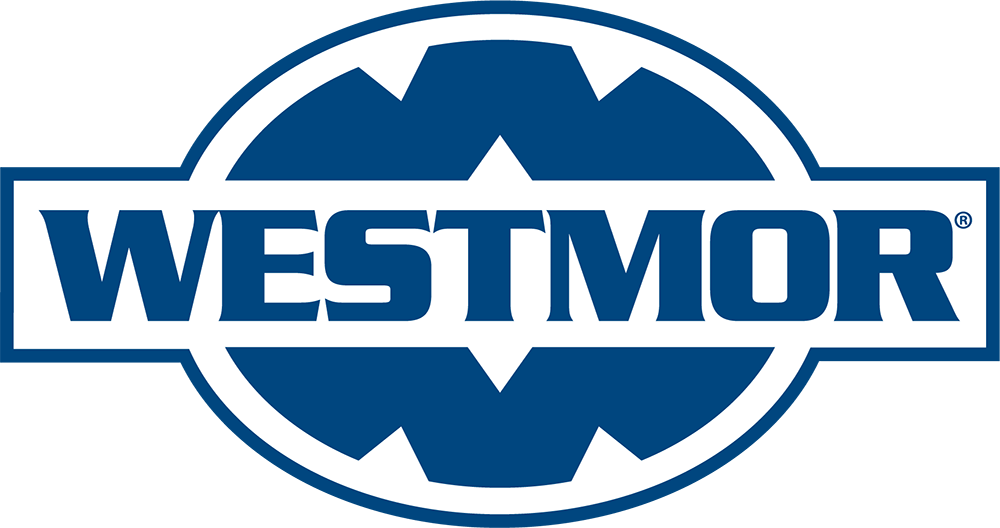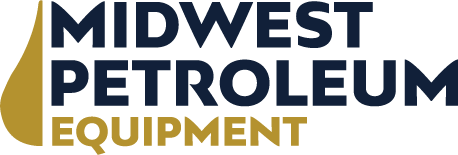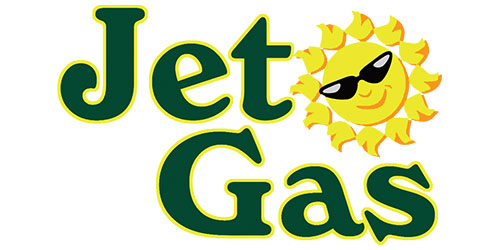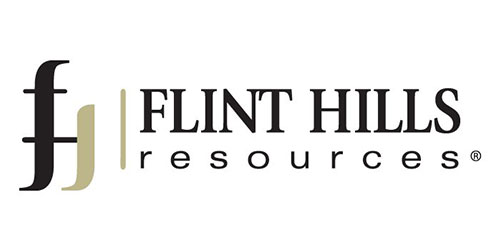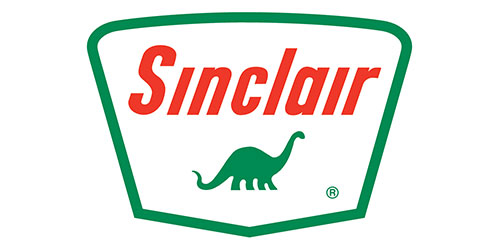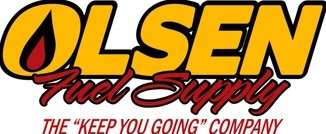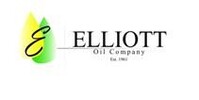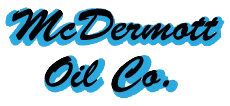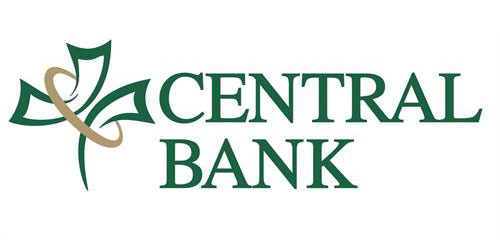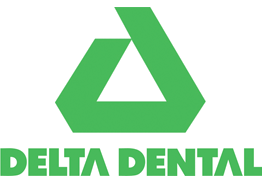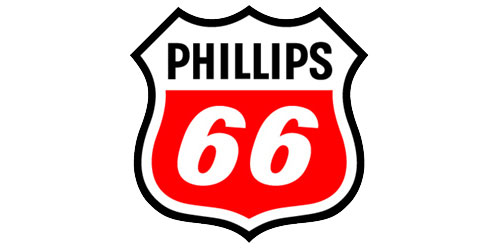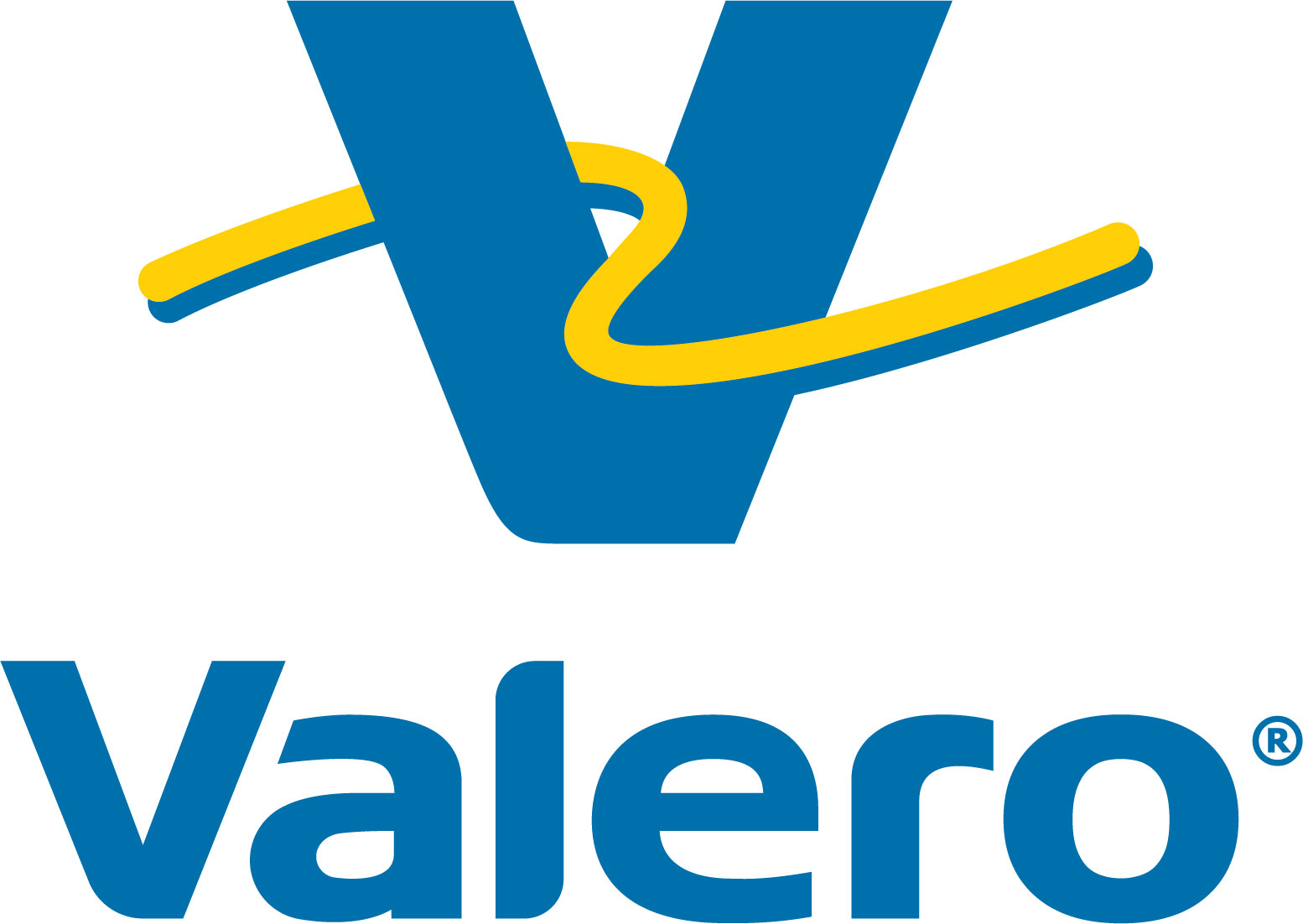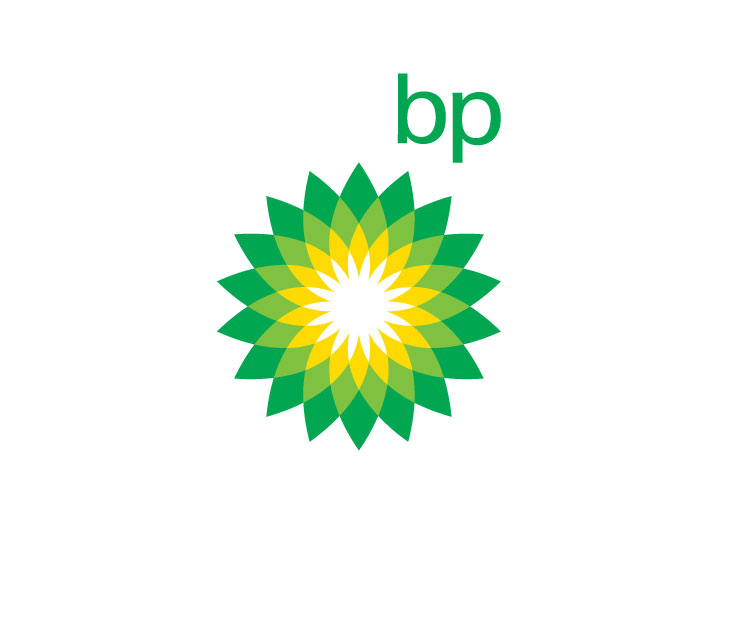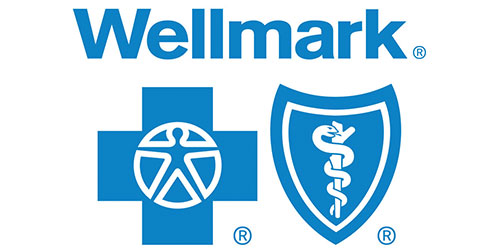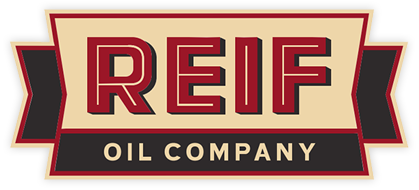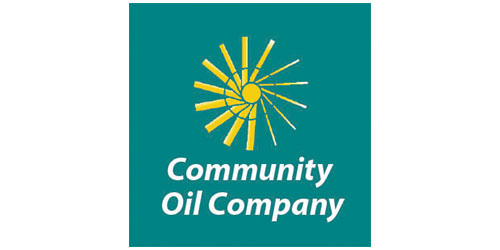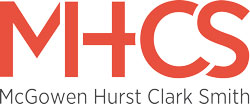
House Passes Omnibus Spending Bill
September 19, 2017 by PMAA | 
Yesterday, the House passed a $1.2 trillion spending bill that combined eight appropriations bills that were passed earlier this year, and four new appropriations bills into one large omnibus bill. H.R. 3354, known as the “Make America Secure and Prosperous Appropriations Act,” passed by a vote of 211-198. Although the Senate still must act, the government will continue to be funded through December 8 because of the package that passed last week and was signed by President Trump to keep the government open for three months.
Of significance for marketers, the bill includes trucking riders: federal preemption of state meal and rest break requirements, and a prohibition on FMCSA from writing a new safety fitness determination rule until the DOT inspector general makes certifications required under the FAST Act. Further, language that would shield EPA's effort to withdraw the Waters of the U.S. (WOTUS) regulation from legal challenges is included in the bill, as is language that would delay implementation of the 2015 ozone standard until 2025.
Funding for the Leaking Underground Storage Tank (LUST) Program is consistent with past years at $92 million for FY 2018. In June, PMAA sent a joint letter to The House Committee on Appropriations Chairman Rodney Frelinghuysen (R-NJ) and Ranking Member Nita Lowey (D-NY) urging them to reject President Trump’s FY 2018 budget request of $47 million for the LUST Trust Fund Program because that funding amount is inadequate. That could be problematic because if states do not receive funding, then they will find other ways to cover their costs including increasing tank fees.
In previous years, Congress has appropriated between $90 - $100 million each year; an amount PMAA would like Congress to continue to appropriate. Finally, the bill includes $3.39 billion for LIHEAP, equal to the fiscal 2017 amount. However, President Trump’s proposed $1.1 trillion FY 2018 budget blueprint eliminates LIHEAP. PMAA has urged Congress not to eliminate LIHEAP because it is vital in serving low income consumers of home heating fuel.
House Appropriations Committee Chairman Rodney Frelinghuysen (R-NJ) said that “this is the next step in the process, but it is not the end. Funding these important federal responsibilities and keeping the government open is our constitutional duty to the people we serve, and I look forward to the final completion of all these critical bills.”



